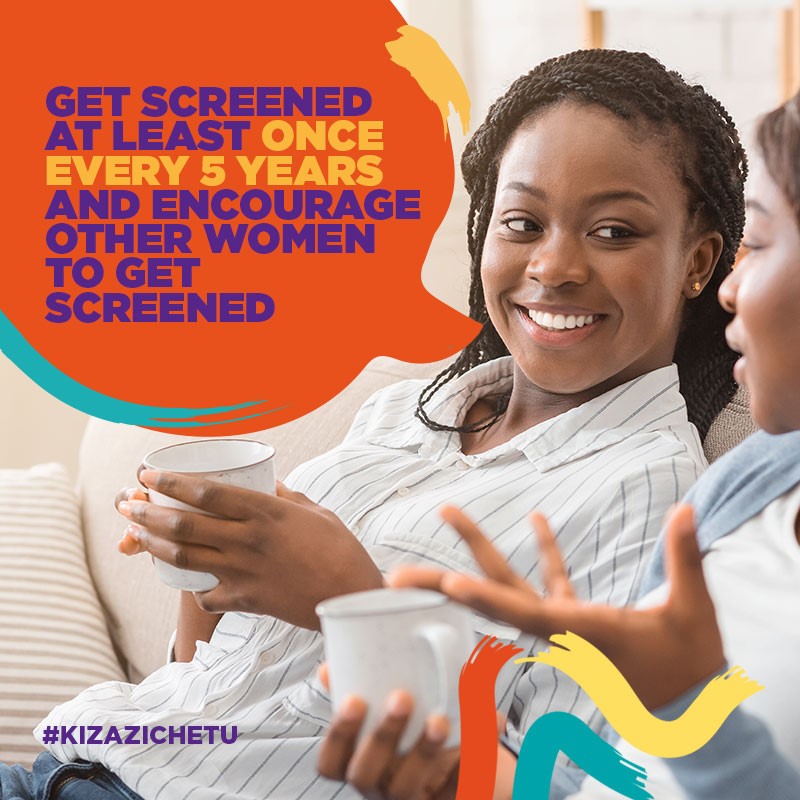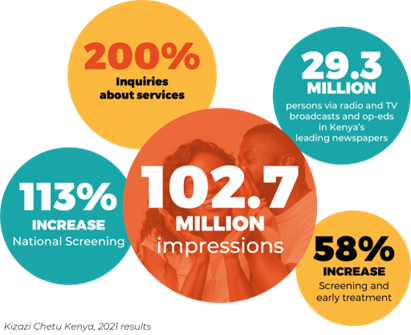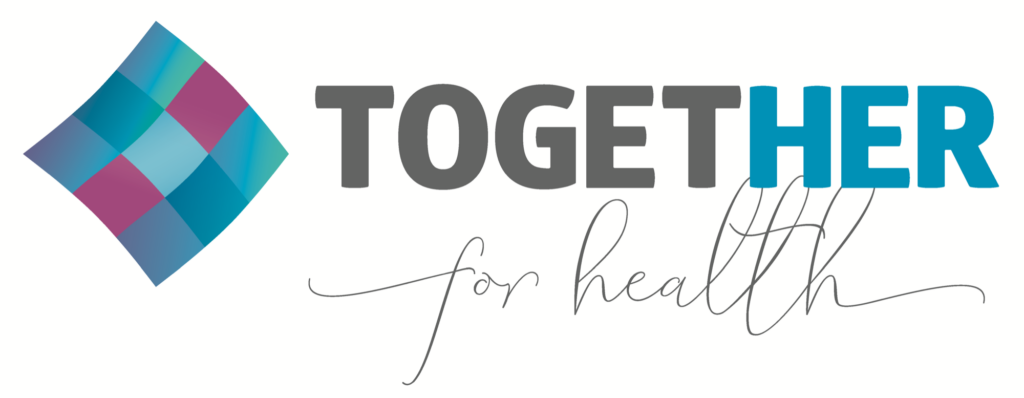Kizazi Chetu: Igniting a Generation Free from Cervical Cancer in Kenya


THE PROBLEM.
No matter where they live around the world, women need to know how to keep themselves safe from cervical cancer and where to access prevention services. Information can literally save women’s lives.
In Kenya, cervical cancer is the most frequently diagnosed cancer among women between the ages of 15 and 44. Cervical cancer ends the lives of 3,200 Kenyan women every year. Low awareness of cervical cancer compounds a lack of access to effective screening and treatment, often resulting in women only being diagnosed when they reach an advanced stage of cervical cancer, when both prevention and treatment are no longer possible.
OUR SOLUTION.
TogetHER for Health has partnered with Scope Impact to tackle this problem with a campaign called Kizazi Chetu - ‘Our Generation’ in Swahili – to ignite a cervical health movement in Kenya by empowering women to learn about and access life-saving screening and treatment services, while also engendering a more informed, supportive social environment for cervical health.
OUR IMPACT.
In 2021, Kizazi Chetu organized a network of 15 Kenyan service delivery and policy organizations, along with Kenyan policymakers, service providers, and influencers. The campaign deployed a blend of traditional and social media activities, including tweet chats, print and online article placements, ultimately garnering 64 million social media impressions and 29 million impressions from traditional and online news media, and increasing Google searches for “cervical cancer screening” by over 300%.
The true test of the campaign is whether it can influence women to seek out health services. Kizazi Chetu service provider partners saw demand for cervical cancer screening over the campaign period increased by 96% when compared to the same period in the prior year, alongside a less dramatic increase in screenings at government facilities.

Join Our Growing Collaboration.
Kizazi Chetu is taking the next step towards building a sustainable environment for cervical health and putting Kenya squarely on the path to cervical cancer elimination.
With support from Hologic, Scope Impact and TogetHER are partnering with the Lake Region Economic Bloc (LREB) consortium in western Kenya to identify both opportunities and challenges to support the introduction of improved technologies for cervical screening, early detection and timely treatment in the country. Through participatory research, design, and planning, this project will outline barriers to cervical health in Kenya and propose policy actions to facilitate access to preventive services.
This next phase of Kizazi Chetu will also serve as an exercise to be replicated in other countries seeking policy solutions to expand the availability of cervical health technologies. For more information on the project, and learn how you can become involved, please contact Heather White at [email protected].
